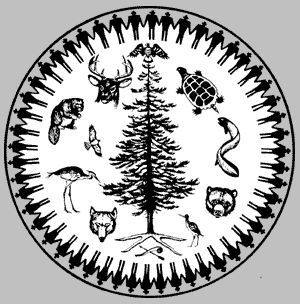Toward Interspecies Thinking as a Collaborative Concept
Autoethnographies at the Intersection of Traditional Ecological Knowledge and Animal Studies
DOI:
https://doi.org/10.52537/humanimalia.9504Abstract
Despite the recent surge in academic activity around traditional ecological knowledge (TEK), there is still relatively little work on the intersection of TEK and Animal Studies. This paper represents an exploratory attempt at reconciling the two fields using interspecies thinking as an analytic paradigm. We argue that both TEK and Animal Studies challenge the imposition of anthropocentric narratives as truth, thereby asking us to reconsider the basic assumptions and narratives about human uniqueness that we construct and affirm in our daily lives. We propose a move toward interspecies thinking as a collaborative concept, which begins from Indigenous cosmological foundations, provides the basis for intercultural collaboration, and from this position chooses to focus most intensively on the narratives and practices that comprise the human/nonhuman animal divide. We discuss the importance of autoethnography as a method for navigating this terrain and offer three autoethnographic accounts that function as both an exploration of the topic from unique perspectives and an invitation to other Indigenous and non-Indigenous people to engage in a critical dialogue situated at this intersection.
Downloads

Published
Issue
Section
License

This work is licensed under a Creative Commons Attribution-NonCommercial 4.0 International License.









